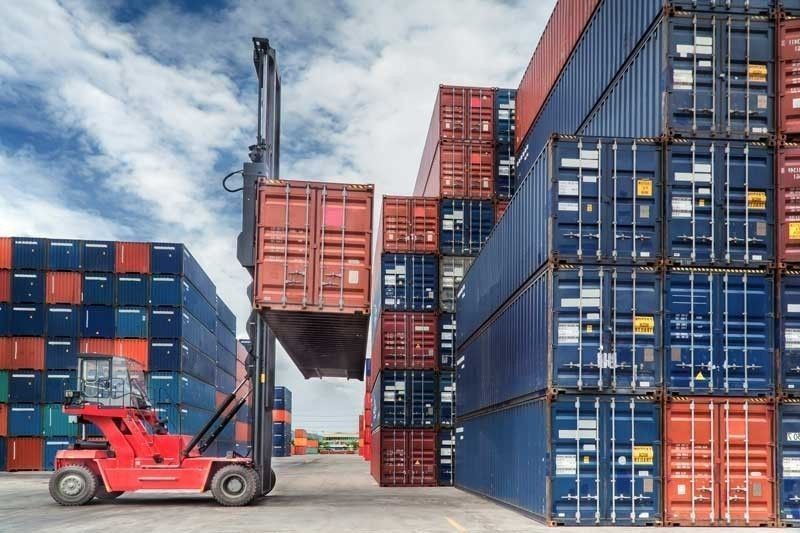Philippine trade deficit narrows in May

MANILA, Philippines — The Philippines’ trade deficit narrowed in May as exports were flat while imports worsened, the country’s statistics agency reported Wednesday, with one analyst saying the improvement in the nation’s trade imbalance is “likely temporary.”
The country’s trade gap decreased to $3.28 billion in May, narrower than $3.47 billion deficit in April and $3.89 billion gap posted a year ago.
In May, exports grew 1%, unchanged from April despite a surprise rebound in electronics — the country’s top export — which improved to 6.2% from 3%, bucking the trend of the region.
Meanwhile, imports slumped 5.4% in May, worse than 1.9% drop recorded in the preceding month.
“Overall, we do not expect the narrowing of the trade deficit to be sustainable. The electronics downcycle is still deepening: our equity analysts do not expect it to bottom out until Q3. More broadly, global growth is on a weakening path, led by China, and US-China trade tensions, which we expect to re-escalate later this year, will likely add to external demand headwinds,” said Euben Paracuelles, analyst at Nomura.
“Importantly, import growth should accelerate due to a shift to a sharply expansionary fiscal policy in H2, led by the government implementing its catch-up spending plans after the budget delay, boosting capital expenditure disbursements,” Paracuelles added.
“This, combined with our forecast of further monetary policy easing (we expect another 50bp in policy rate cuts in Q3), should be most impactful in re-igniting investment spending growth by both public and private sectors.”
The Philippines has been incurring wide trade gaps since 2017 amid a rise in imports to feed the Duterte administration’s ambitious infrastructure program, reversing the nation’s current account surplus to a deficit and pressuring the peso.
According to Nomura, capital goods imports’ zero growth for a second straight month reflected the slow recovery in public infrastructure spending after the 2019 budget was delayed and passed only mid-April.
The country’s economic managers have repeatedly said high imports would “support domestic economic expansion.” They also said several episodes of peso depreciation would give the export sector a boost. — Ian Nicolas Cigaral
- Latest
- Trending
































